The Théâtre du Châtelet is a theatre and opera house, located in the Place du Châtelet in the 1st arrondissement of Paris, France. One of two theatres built on the site of a châtelet, a small castle or fortress, was designed by Gabriel Davioud at the request of Baron Haussmann between 1860 and 1862. Originally named the Théâtre Impérial du Châtelet, it has undergone remodeling and name changes over the years. Currently, it seats 2,500 people.
The theatre is one of two apparent twins constructed along the quays of the Seine, facing each other across the open Place du Châtelet. The other is the Théâtre de la Ville. Their external architecture is essentially Palladian entrances under arcades, although their interior layouts differ considerably. At the centre of the plaza is an ornate, sphinx-endowed fountain, erected in 1808, which commemorates Napoleon's victory in Egypt.
The Théâtre Impérial du Châtelet was built for Hippolyte Hostein's equestrian company, the Théâtre Impérial du Cirque, whose previous theatre, the Cirque Olympique on the Boulevard du Temple, was slated for demolition by Baron Haussmann to allow the construction of the Boulevard du Prince-Eugène (now the Boulevard Voltaire).
The site for the new theatre was acquired by the City of Paris in October 1859, and construction took place between 1860 and 1862. The interior designers included Eugène Carrières and Armand Cambon, and the curtain was created by Charles Cambon.
The theatre originally seated 2,200 people, although Haussmann claimed it held 3,600. The repertory, fixed by a decree of 20 September 1862, included military works and féeries in one or several acts, as well as dramas and vaudevilles.
For a time it was mainly used for opera performances and concerts. The Orchestre de Paris and the Orchestre Philharmonique de Radio France have played there. In 1993 the Philharmonia Orchestra of London began an annual residency period.
In 2004, Jean-Luc Choplin became artistic director of the theatre. He de-emphasized classical music and dance performances and introduced more lucrative productions of Broadway musicals, including Kiss Me, Kate, Singin' in the Rain, 42nd Street, and An American in Paris.


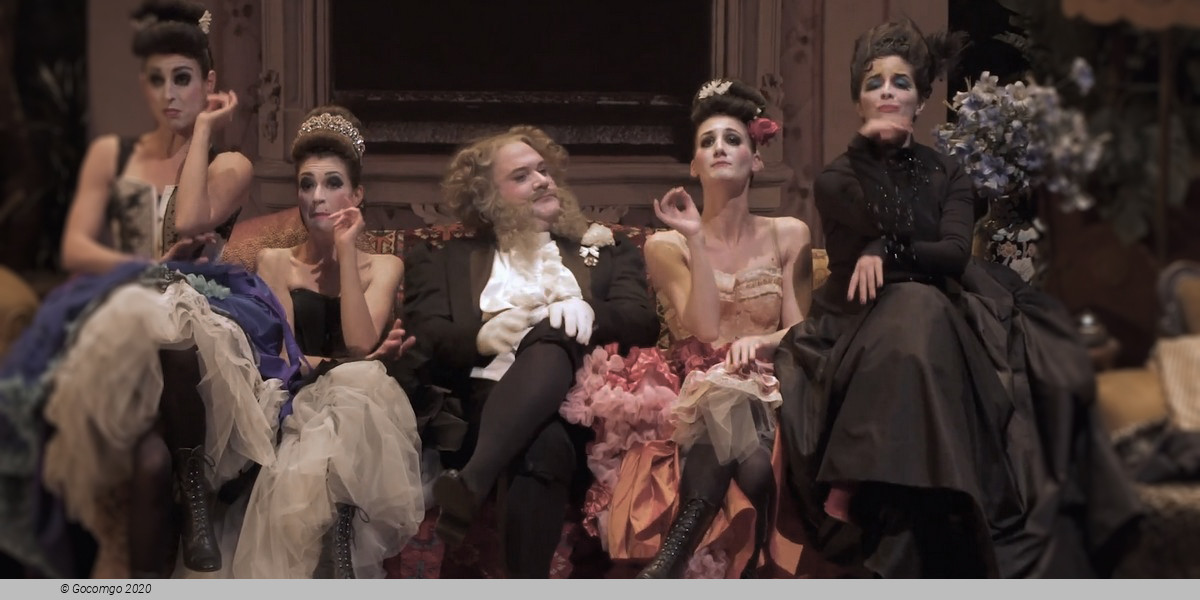
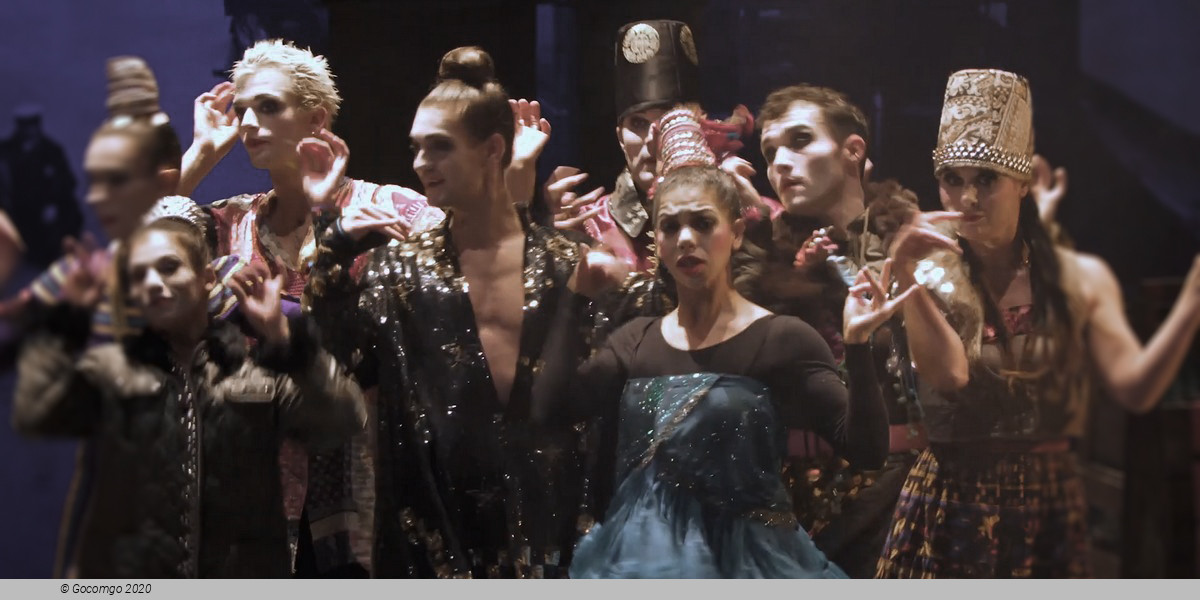
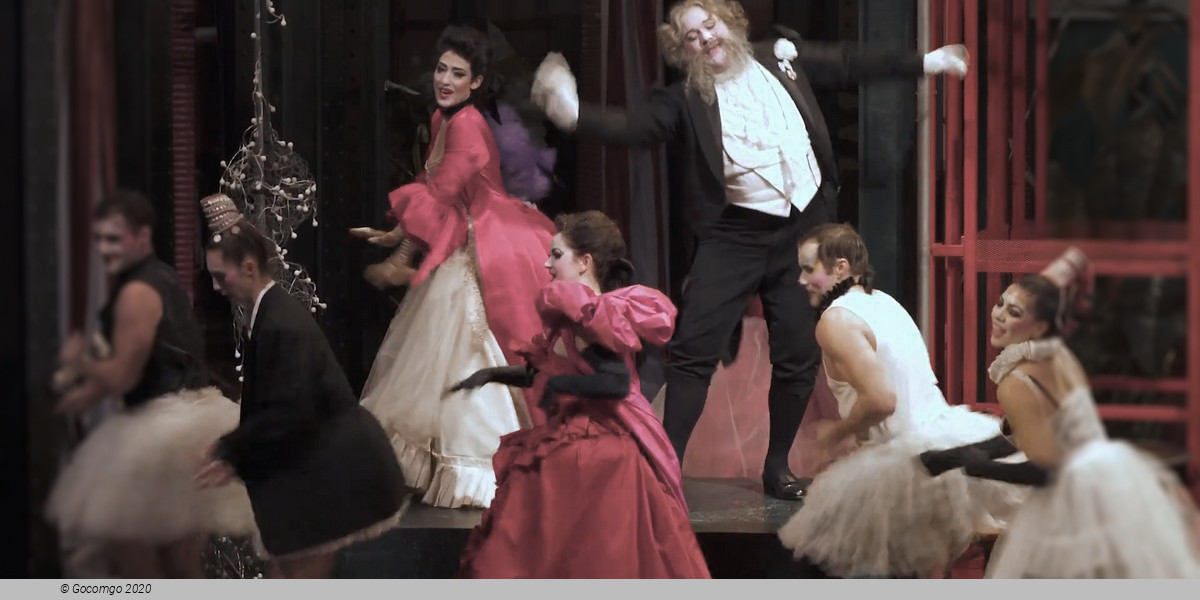
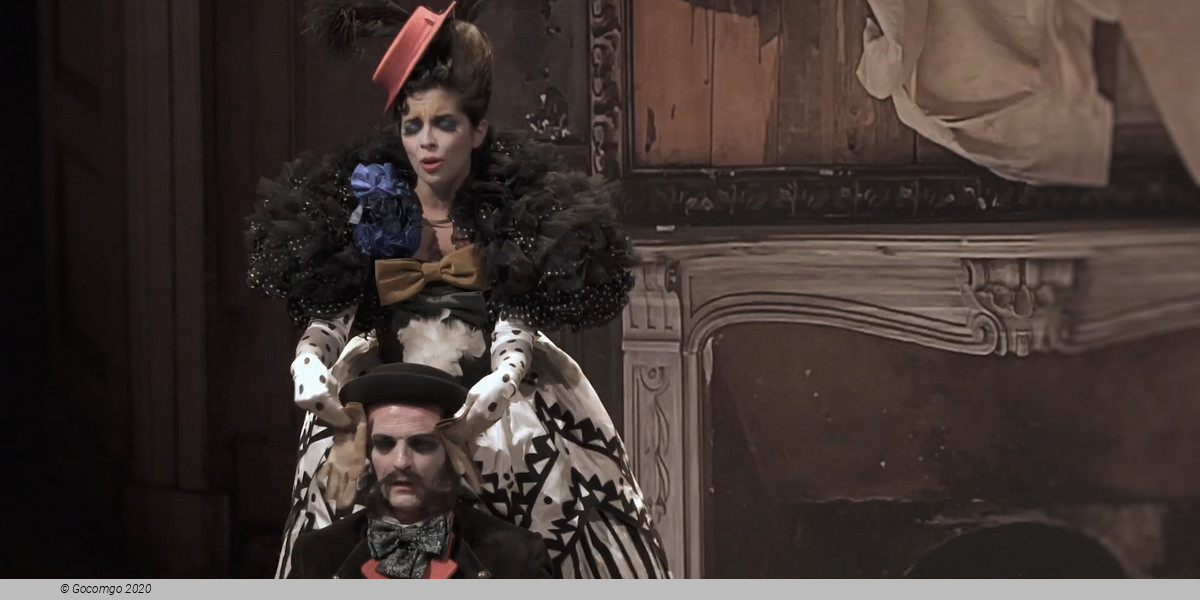
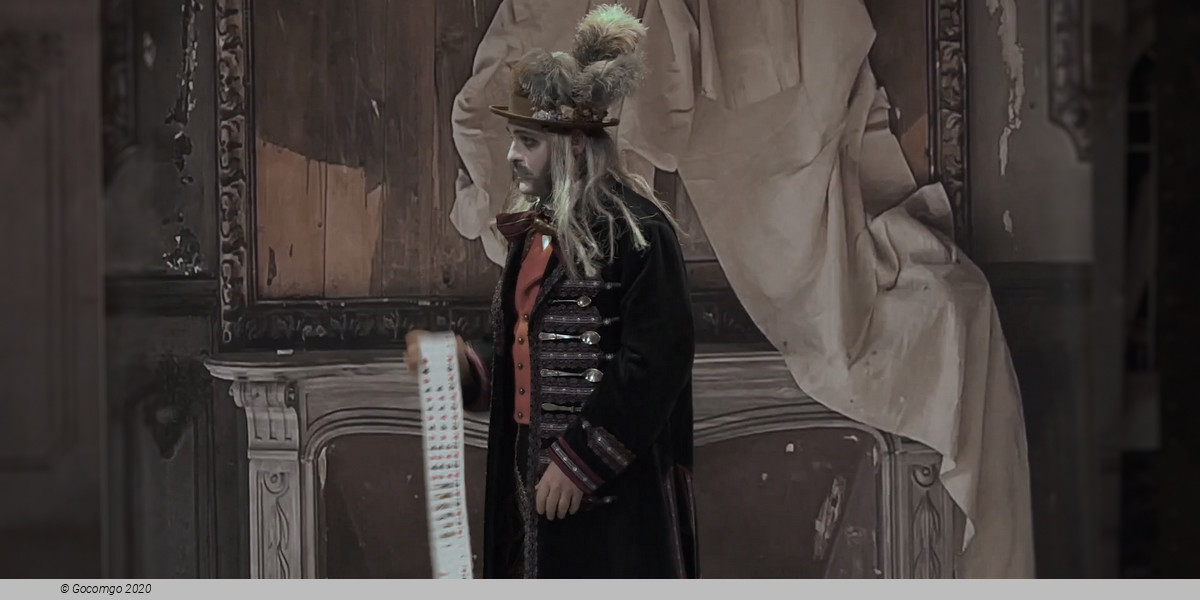
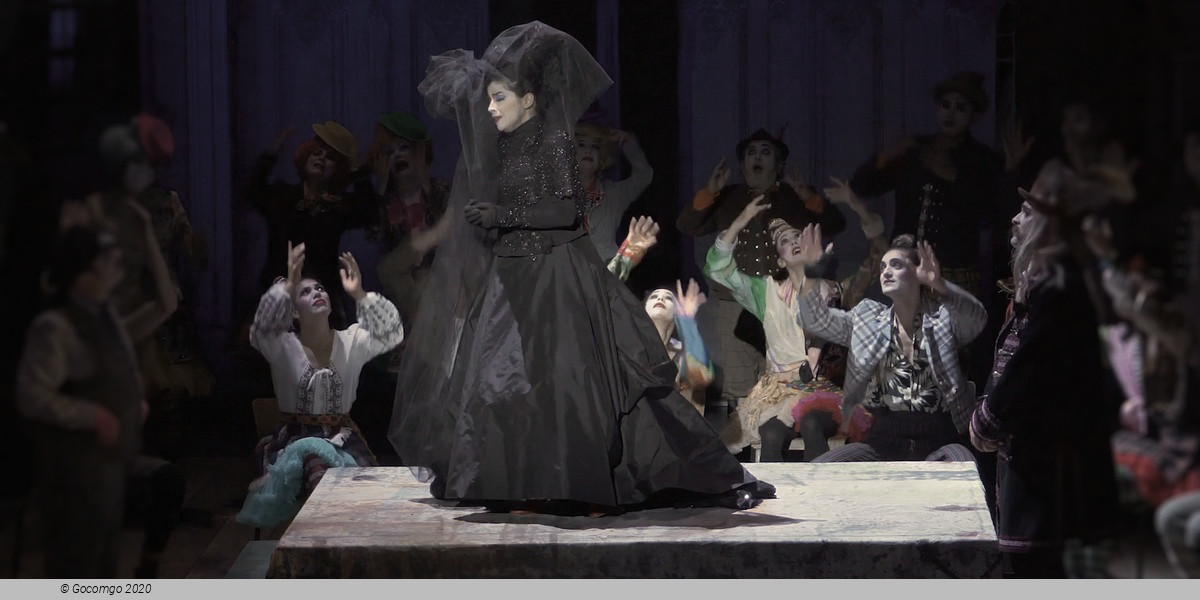
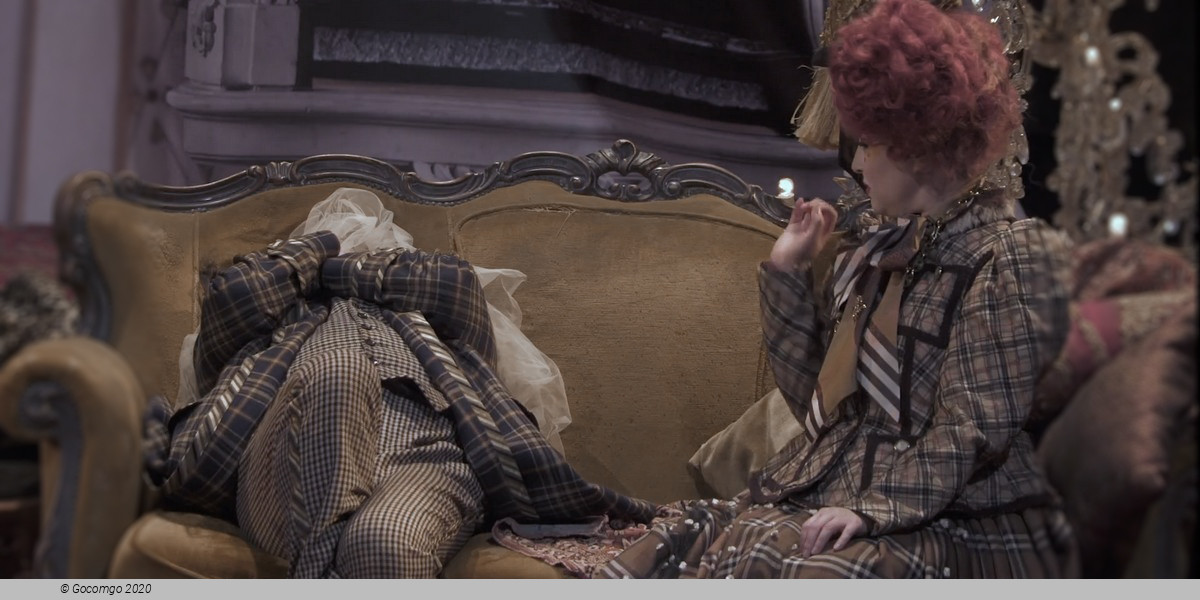
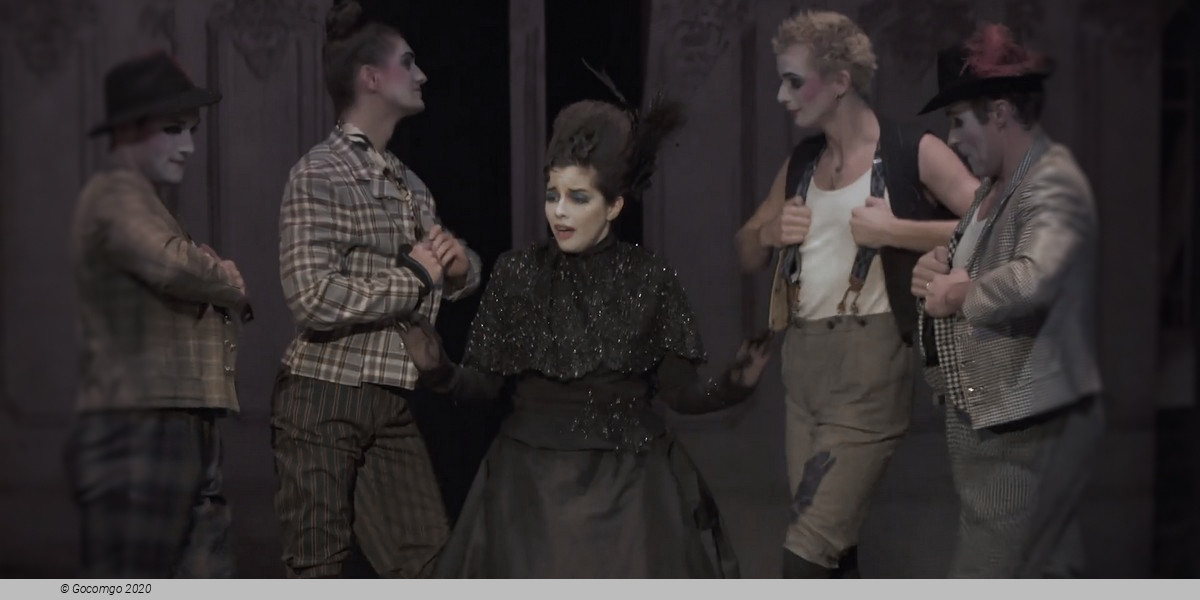
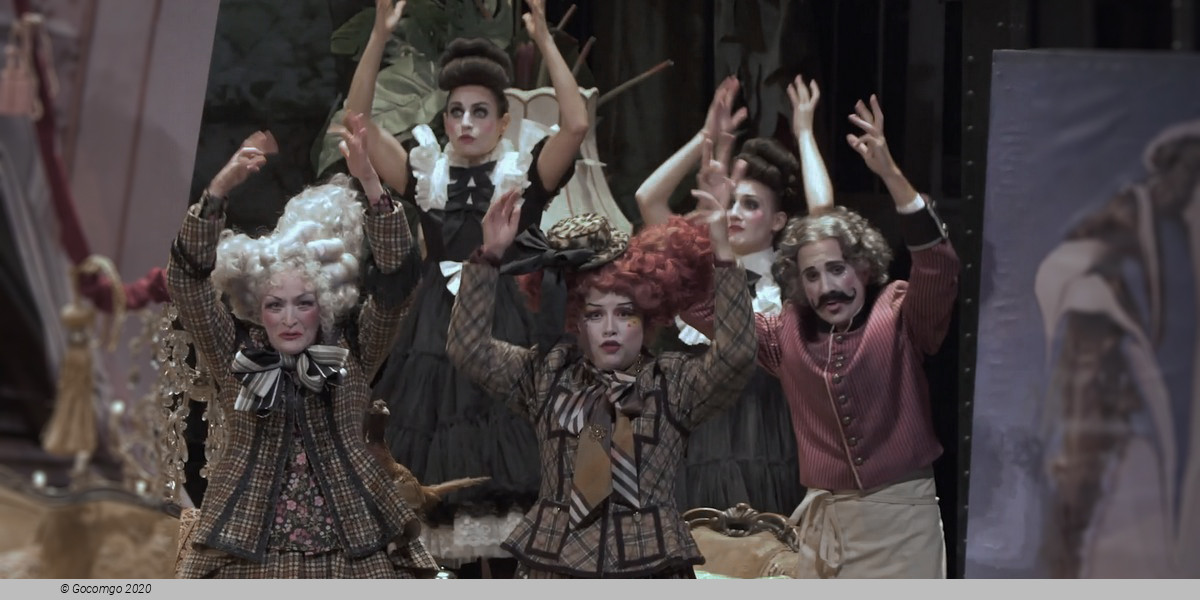
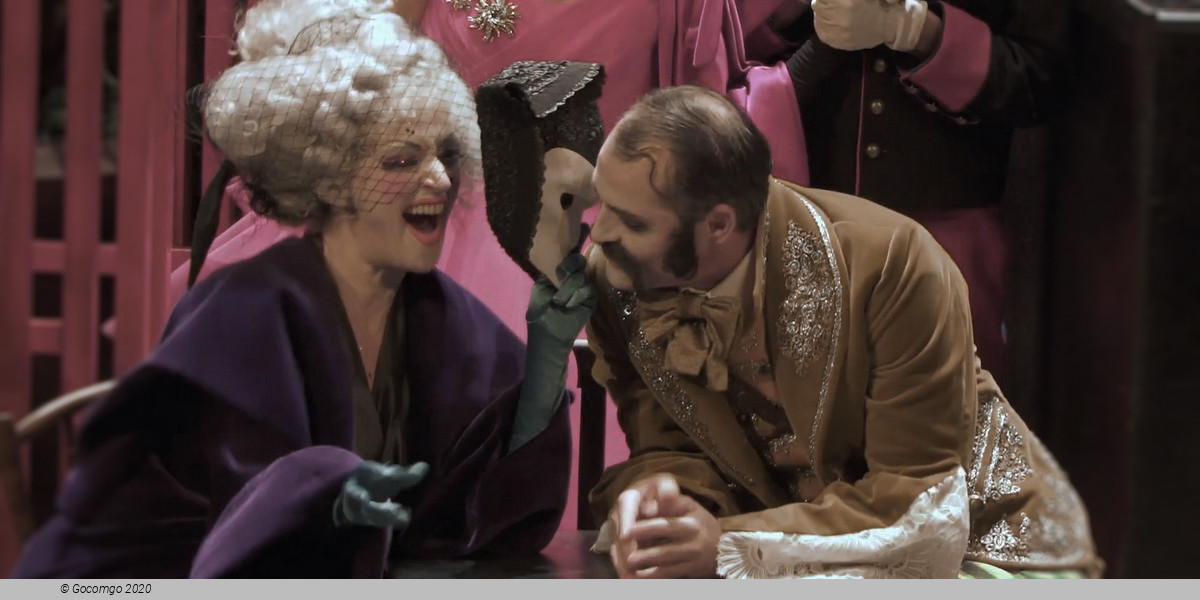
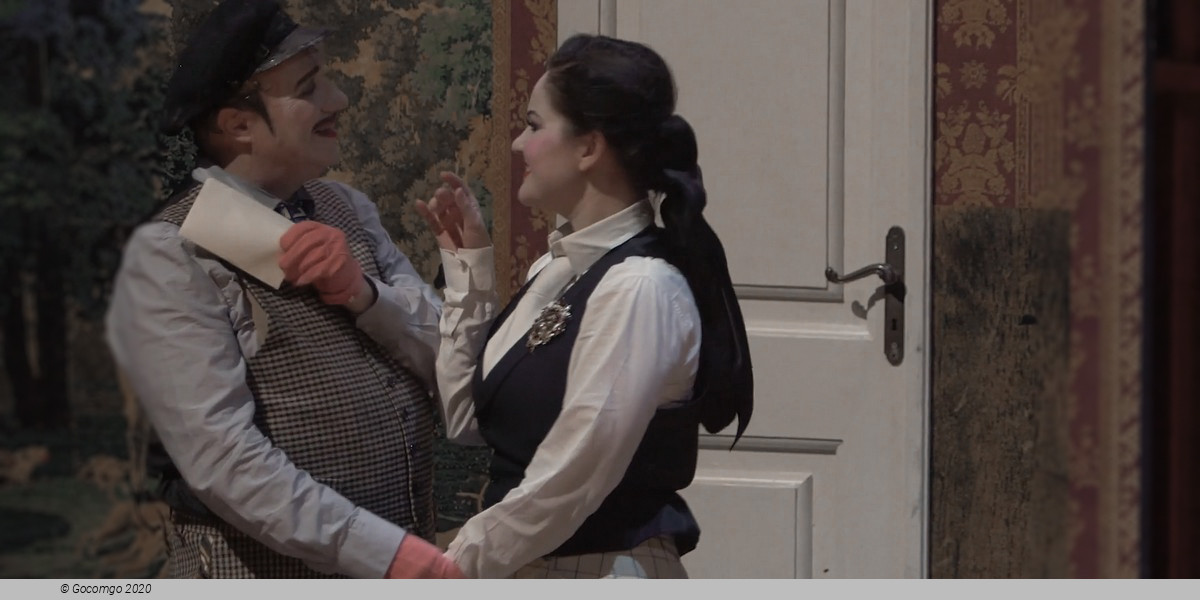
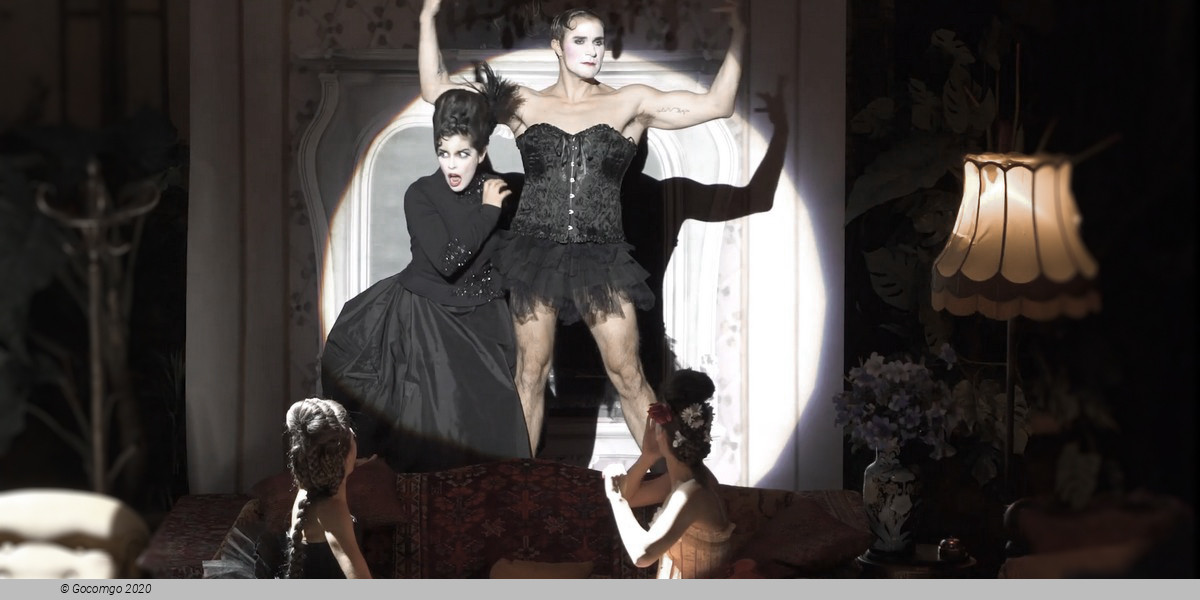
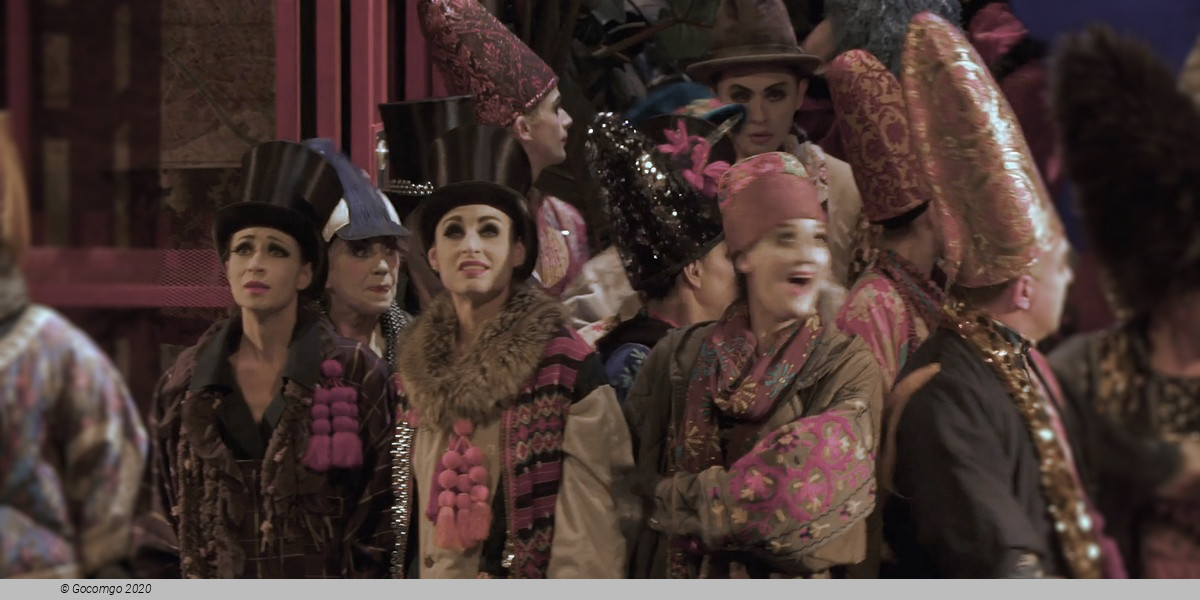
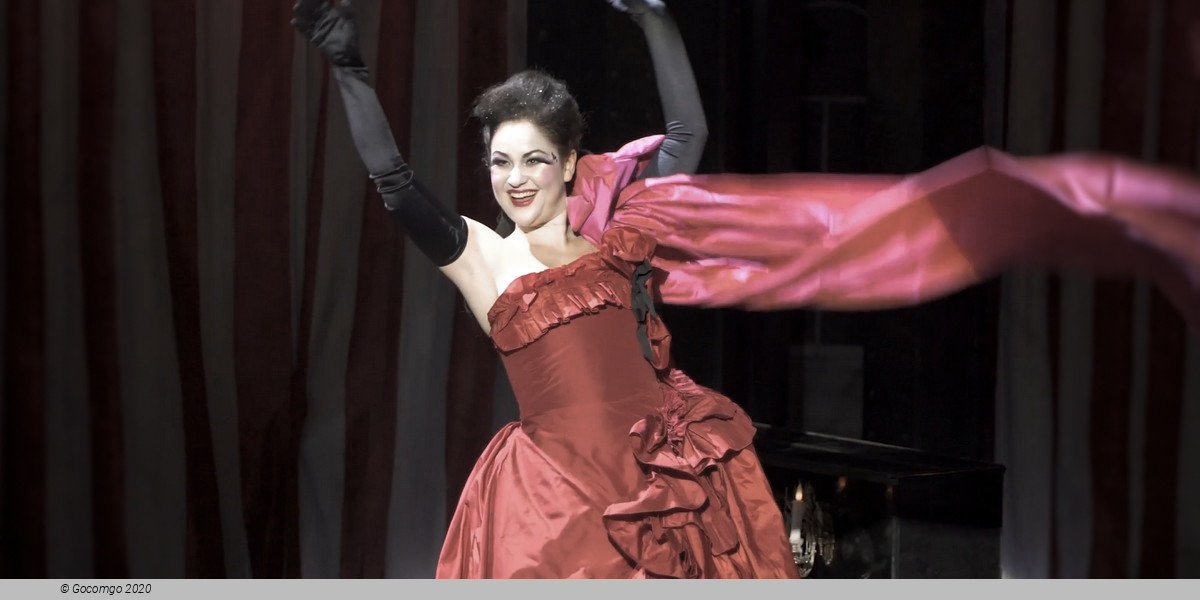
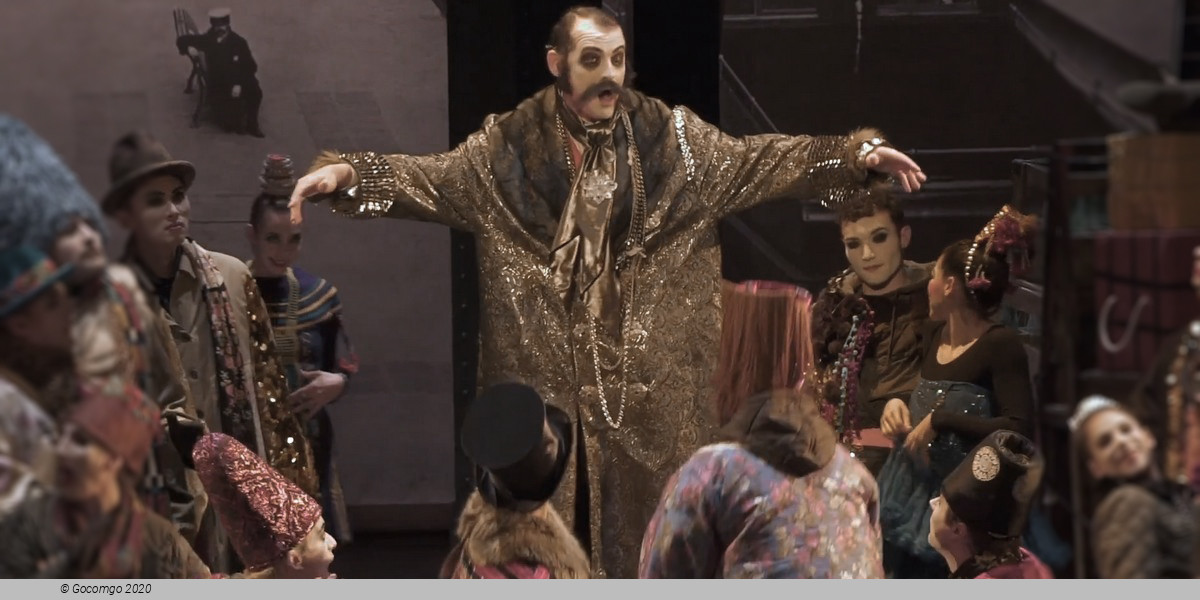
 2 Rue Edouard Colonne
2 Rue Edouard Colonne